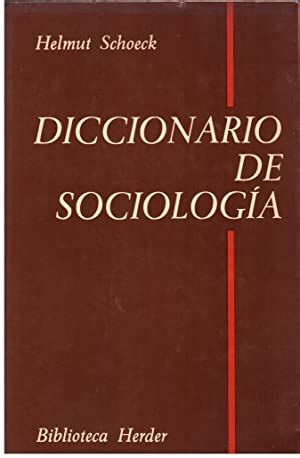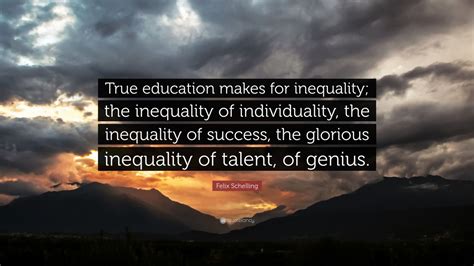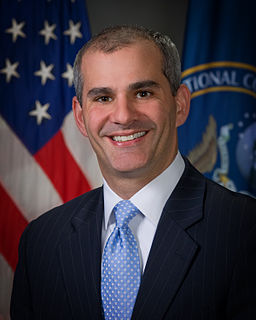A Quote by Nicholas Kristof
Inequality causes problems by creating fissures in societies, leaving those at the bottom feeling marginalized or disenfranchised.
Related Quotes
In my lifetime I have seen democracy begin to expand, not only to include those who have been excluded, but to provide a listening arena, a vocabulary, an intelligent reception for stories that have been buried. Not just stories of the disenfranchised and the marginalized, but marginalized and disenfranchised histories even in the lives of the accepted and the privileged.
Pure love is the best medicine for the modern world. This is what is lacking in all societies. The root cause of all problems, from personal problems to global problems is the absence of love. Love is the binding factor, the unifying factor. Love creates the feeling of oneness among people. It unifies a nation and its people. Love creates a sense of unity while hatred causes division. Egotism and hatred cuts people's minds into pieces. Love should rule. There is no problem which love cannot solve.
Canadians know that the promise of a recession didn't happen because of anything we did here. If you look at all the causes of the recession, problems in mortgage markets, the problems in the banking sector, the problems in government finance in countries like Greece, none of those problems were in present Canada.






























